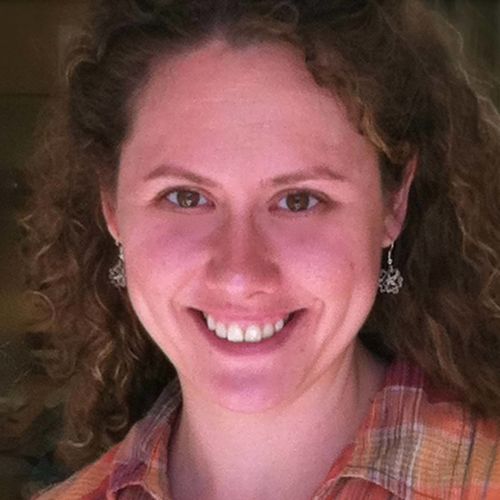"Too often, professional development in schools is disjointed, unsupported, and participated in just to check a box toward recertification"

In the third grade, I had a lovely teacher who meant well. Nearly every week, we would celebrate Fridays with a game of “Round the World” to practice multiplication facts. The winner was awarded a fifty-cent can of soda from the vending machine in the teacher’s lounge, and I wanted to win so badly. But no matter how hard I tried and how much I practiced my multiplication facts, I couldn’t get them out quickly enough to win the game. I just wasn’t good enough, I decided, so I must not be very good at math.
Fast forward fifteen years. I had recently begun a teaching career in a tiny town in rural Arkansas, and I was teaching third graders. While I, like many elementary teachers, felt relatively confident teaching reading and writing, my confidence did not extend to STEM areas, and especially not to math. I desperately wanted my students to have a different experience than I had had as a third grader. I wanted them to leave feeling like math was something they were capable of doing, and doing well. In an effort to support my students, I sought training in math teaching. Unfortunately, there were relatively few resources available to me. Although my school sent all of its teachers to be trained in literacy instruction, it did not provide similar support in STEM. I do not remember a single professional development opportunity geared toward teaching math.
Professional Growth
How might we ensure valuable professional development and growth for STEM teachers?
Instead, I found books to read, either purchasing them myself or requesting them as gifts from family and friends. I devoured these books on mathematics and mathematics teaching. I wanted to teach math perfectly. I learned and developed my pedagogy, but I still did not see myself as a “math person.” I was an “English person,” who happened to stumble on this area and made myself competent.
After teaching for a number of years, I moved to California, and got incredibly lucky. I saw an advertisement for a free summer workshop for teachers, put on by the Math Teachers’ Circle at Berkeley. I thought, “Free? What’s not to like?” Although hesitant because I was, after all, just an “English person,” I decided to apply. The worst thing that could happen, I thought, was that I would be rejected.
What challenges have you encountered in your career as a STEM Educator?
I wasn’t rejected. What followed was a week of unparalleled professional development in mathematics and math pedagogy that shifted not only my career trajectory but my own view of myself. This experience was alive, collaborative, creative, and powerful. It challenged my mind and captivated me. I discovered that I could wrestle with challenging mathematical problems and hold my own, not hesitantly, but joyfully. I began to see myself as a “math person.”
Students are deeply aware of authenticity in their teachers. The joy and excitement I feel in math can’t be faked, and lucky for me (and them), it doesn’t need to be.
I’ve been attending Math Teachers’ Circle for five years now. I love it and look forward to it, and its effect has been immeasurable. My enthusiasm - not just tolerance - for math infects everyone around me. My students feel my excitement, they soak it in, and they believe that they can do math, too. This is an element that was missing when I started teaching. I wanted to find the perfect way to teach so that I wouldn’t turn off any students to math. But what I didn’t understand at the time is that it had to start with me. Students are deeply aware of authenticity in their teachers. The joy and excitement I feel in math can’t be faked, and lucky for me (and them), it doesn’t need to be. Not anymore.
This transition can happen with great professional development, but this must be readily available and it must be exciting and transformative. Too often, professional development in schools is disjointed, unsupported, and participated in just to check a box toward recertification. Math Teachers’ Circle is an entirely different experience for me. Other teachers need that chance. Excellent STEM professional development matters, and both teachers and students deserve this investment.